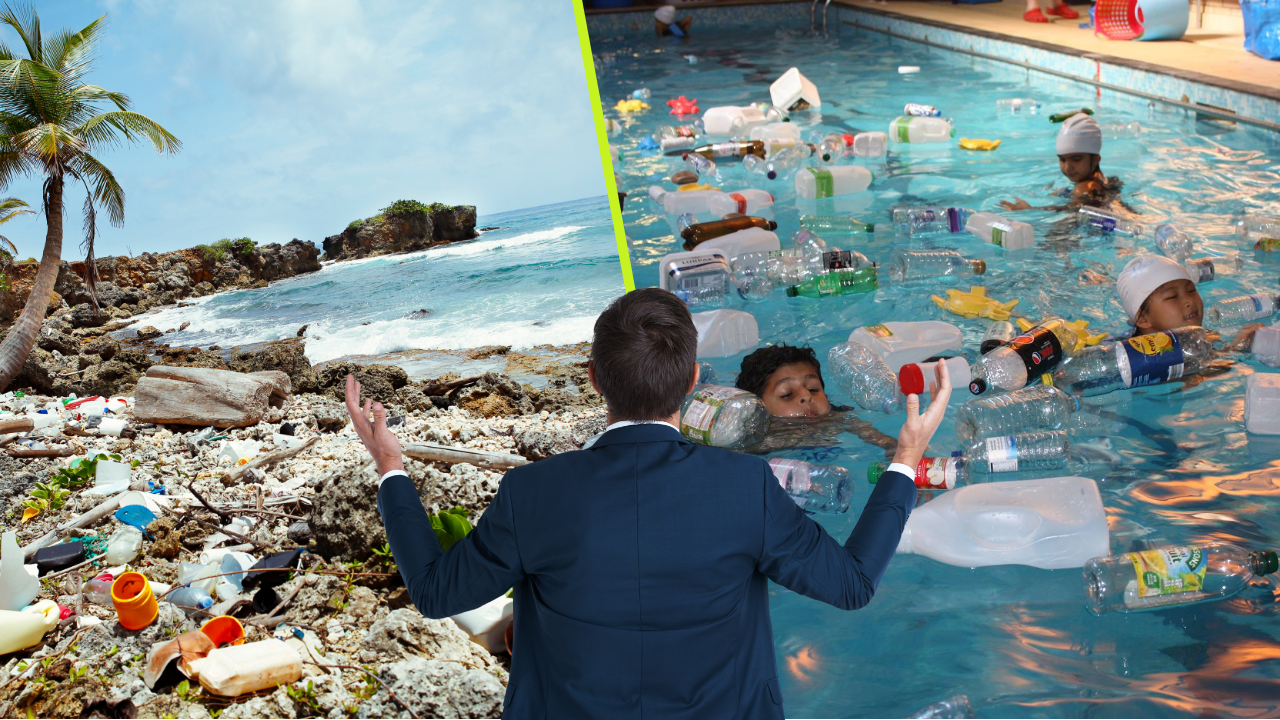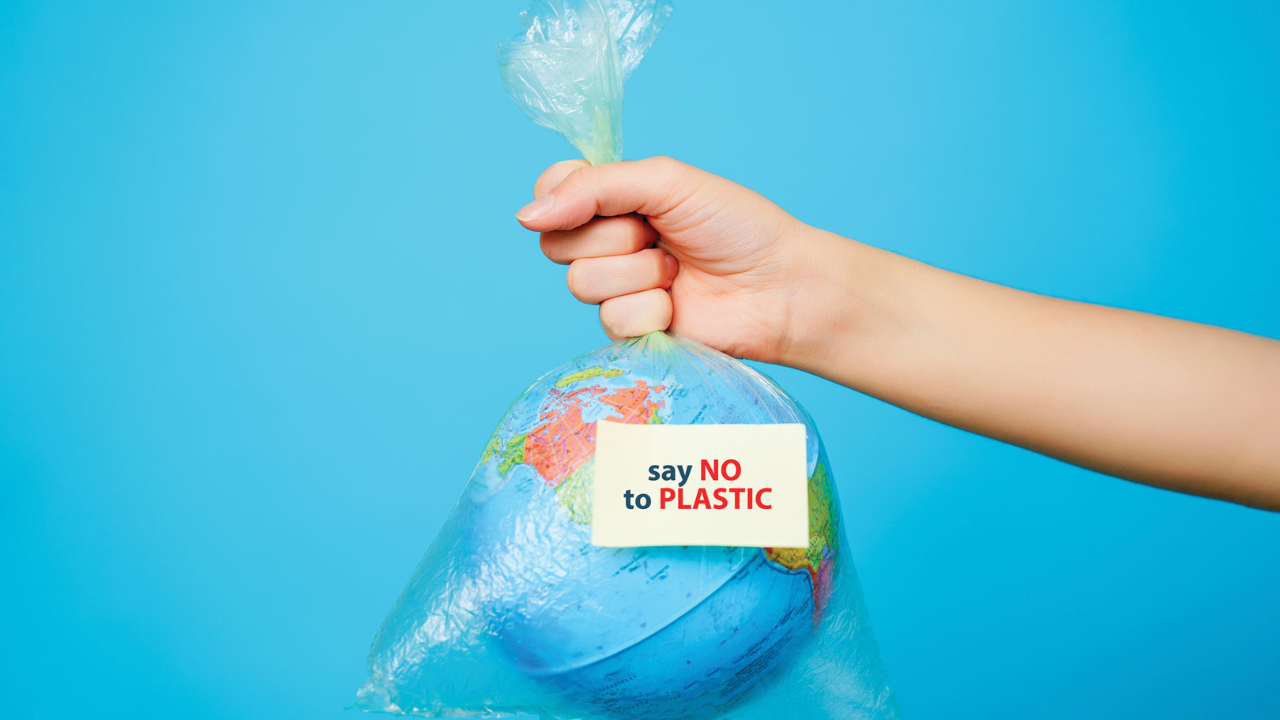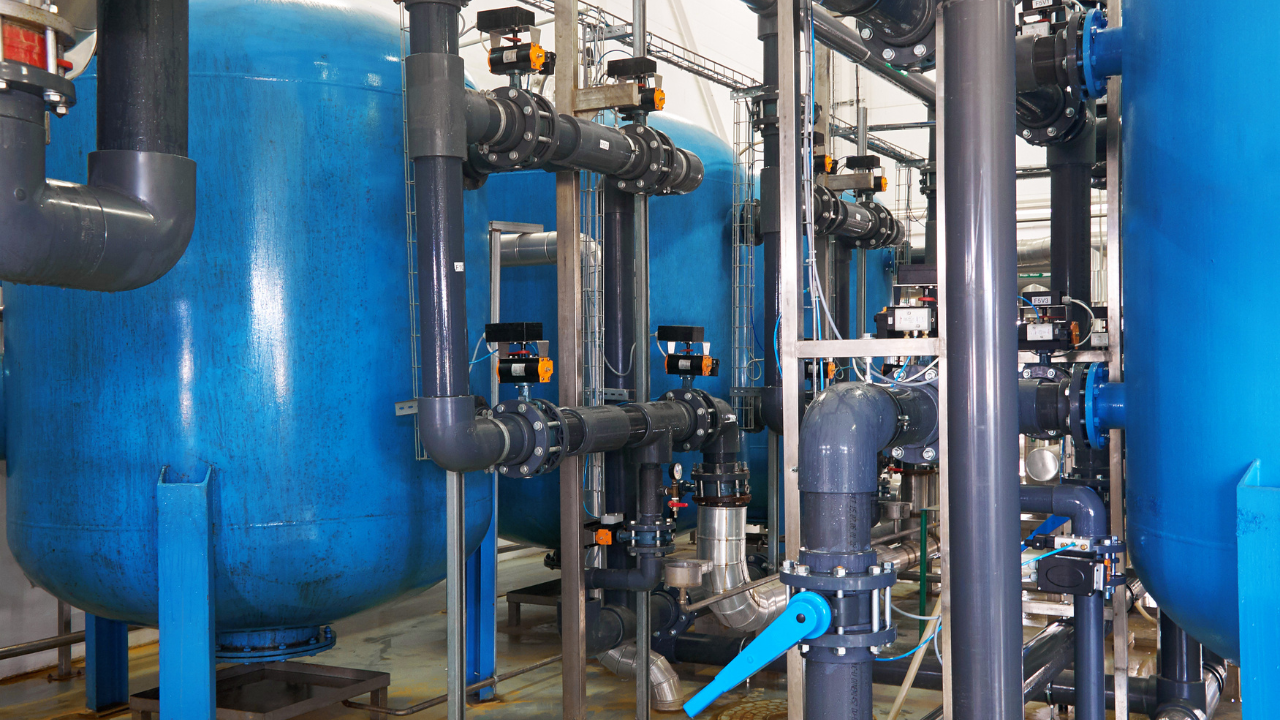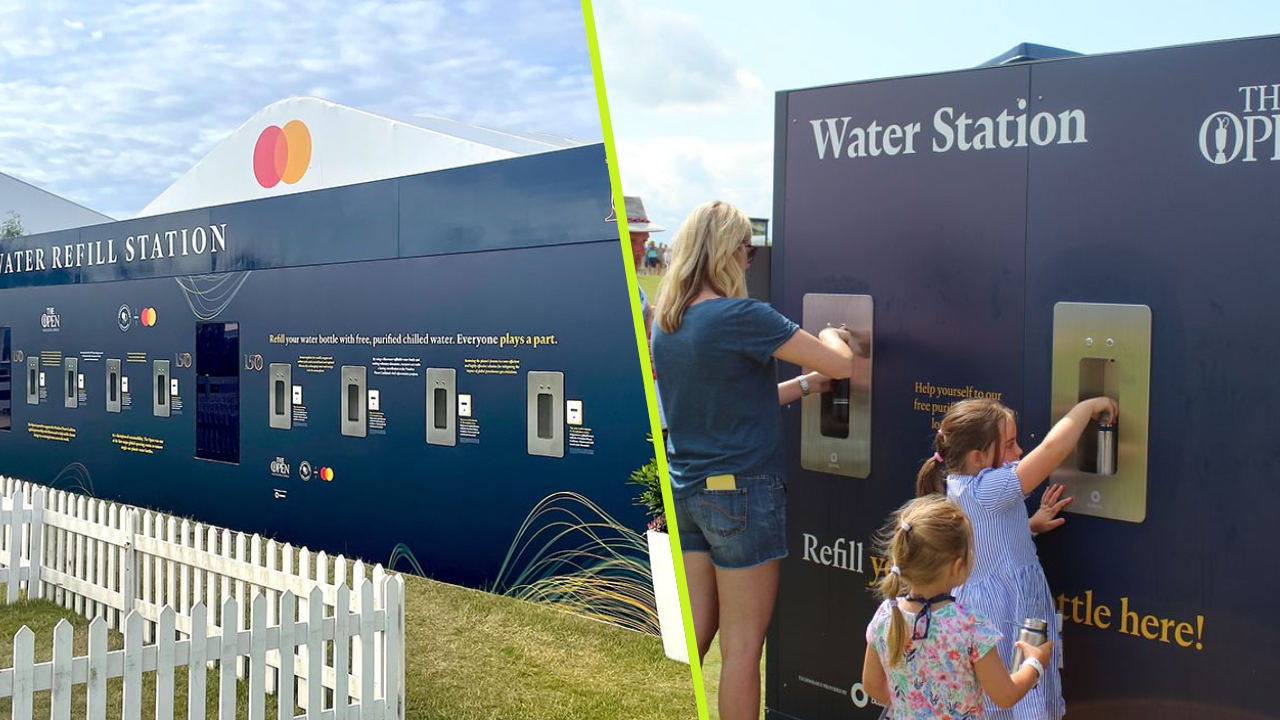As sustainability becomes central to hospitality, hotels worldwide are taking bold steps to tackle two major environmental concerns: water waste and plastic pollution. From banning single-use plastics to installing advanced water-saving technologies, the modern hotel industry is undergoing a green transformation.
This guide explores how zero-waste hotels and plastic-free hospitality initiatives are redefining guest experiences—without compromising comfort. It also highlights how you, as a traveler, can support and identify hotels committed to water conservation and low-impact operations.

Why Water & Plastic Reduction in Hotels Matters
Hotels consume massive volumes of water and contribute significantly to single-use plastic waste through packaging, toiletries, and bottled water. According to the International Tourism Partnership, hotels account for approximately 1% of global water use—and in some destinations, that figure is far higher.
The Problem:
- The average hotel guest uses 300 liters of water per day (UNEP)
- Millions of single-use plastic bottles are discarded in hotels annually (National Geographic)
- Microplastics from hospitality waste are ending up in oceans and food chains (WWF Report)
Addressing these issues isn’t just good for the environment—it’s also increasingly expected by guests. In fact, 81% of travelers say they want to stay in eco-friendly accommodations (Booking.com Sustainable Travel Report).
Innovative Solutions: How Hotels Are Acting

1. Eliminating Single-Use Plastics
From shampoo bottles to coffee stirrers, hotels are turning away from plastic. This shift has been accelerated by legislation in many countries banning certain plastics in hospitality.
Examples:
- Marriott International removed plastic straws from 6,500+ hotels, eliminating over 1 billion straws per year
- Iberostar Hotels committed to being single-use plastic free by 2025, achieving major milestones in food & beverage packaging
- 1 Hotels use glass water bottles, compostable slippers, bamboo toothbrushes, and refillable bathroom dispensers

2. Installing Smart Water Systems
Reducing water usage doesn’t require a compromise on luxury. Smart technologies allow hotels to track, monitor, and minimize water consumption more efficiently.
Examples:
- Hilton’s LightStay system tracks water use and helps properties cut waste by 22% over 10 years (Hilton Travel with Purpose)
- Scandinavian hotels implement greywater systems that recycle water for landscaping and toilets
- Aerated shower heads and dual-flush toilets now appear in green-certified hotels like those under the Green Key program

3. Onsite Water Bottling & Refill Stations
Reducing the carbon footprint from bottled water, many hotels now purify tap water and provide guests with refillable bottles or filtered water stations.
Examples:
- Six Senses Hotels bottle water onsite, saving over 10 million plastic bottles annually (Six Senses Sustainability)
- Zuri Zanzibar offers reusable bottles and encourages guests to refill from filtered dispensers throughout the property

4. Eco-Friendly Laundry Practices
Laundry is responsible for a large share of water and energy usage. Hotels are cutting usage through behavioral incentives and newer technologies.
Examples:
- Accor Hotels’ Planet 21 program offers guests the option to forgo linen changes in exchange for tree-planting donations
- Ozone laundry systems reduce water and energy use by up to 80%—used by Hyatt, Fairmont, and other luxury chains

5. Sustainable Architecture & Landscaping
Eco-hotels are now designed to minimize water use from the blueprint stage, using architecture and native landscaping to reduce runoff and irrigation.
Examples:
- Alila Villas Uluwatu in Bali uses local plants, rainwater harvesting, and stone pathways to maximize permeable surfaces
- Proximity Hotel in North Carolina became the first LEED Platinum-certified hotel in the U.S., using rooftop rainwater recovery systems and solar energy

What Guests Can Do to Help
While hotels lead the change, travelers also have a key role in reducing environmental impact.
- Choose hotels that disclose sustainability certifications such as EarthCheck, Green Key, or LEED
- Avoid using complimentary plastic toiletries and bring your own reusable kits
- Stay hydrated using a refillable bottle and avoid plastic-bottled water
- Use towels and linens responsibly; skip daily replacement unless necessary
- Share positive reviews about sustainable practices to encourage more hotels to adopt them

Conclusion
From smart water management to plastic-free hospitality, hotels are proving that comfort and sustainability can go hand-in-hand. As the movement grows, travelers have more power than ever to choose accommodations that respect the planet.
By supporting zero-waste hotels and making mindful travel decisions, you become part of a larger solution—one that benefits communities, ecosystems, and generations to come.
Together, hoteliers and travelers can reimagine hospitality as a force for environmental regeneration—not degradation.










One Response
Good day! This is my 1st comment here so I just wanted to give a quick shout out and say
I truly enjoy reading through your blog posts.
Can you recommend any other blogs/websites/forums that
cover the same subjects? Thanks for your time!